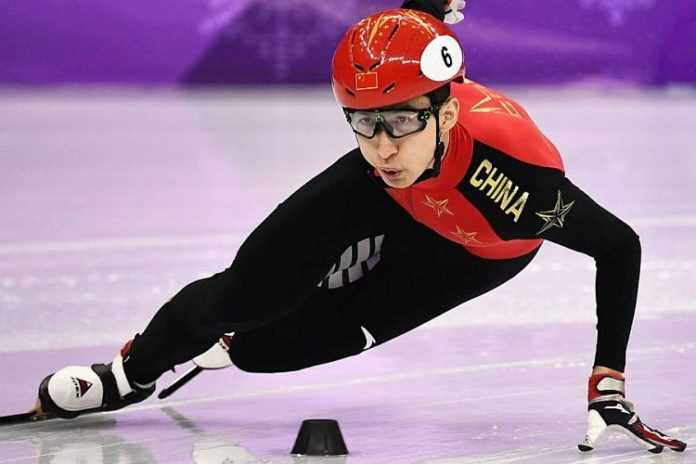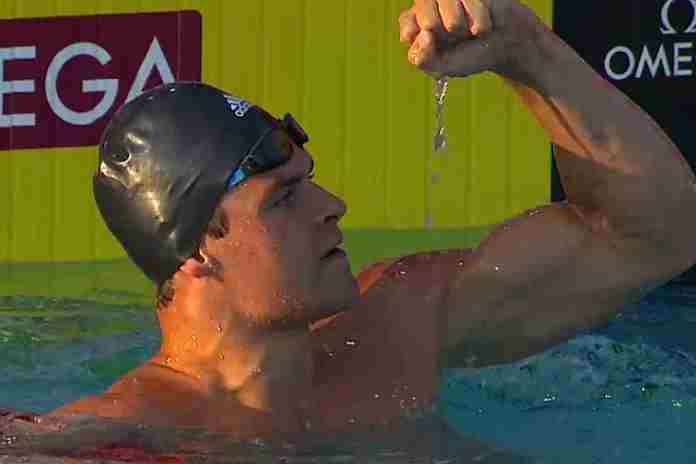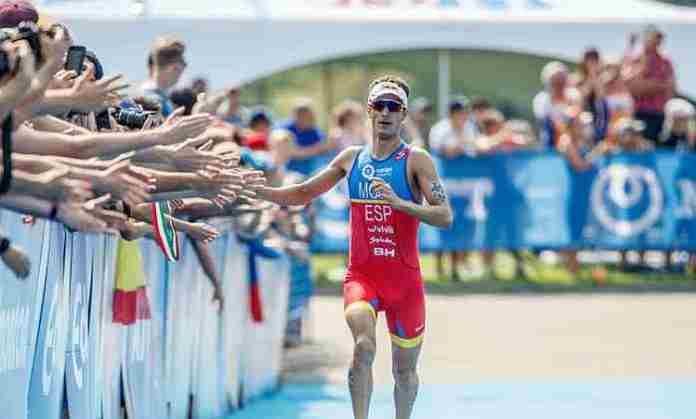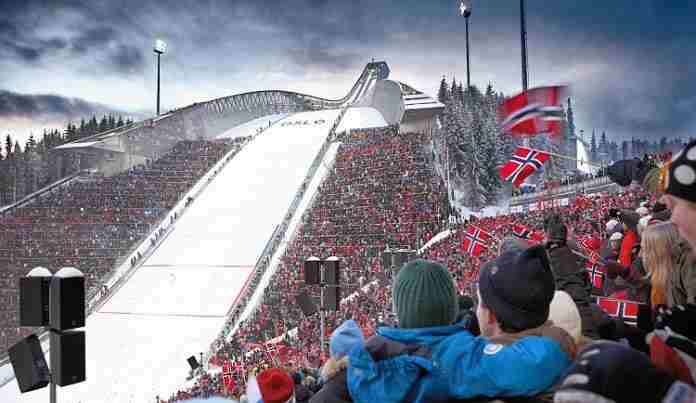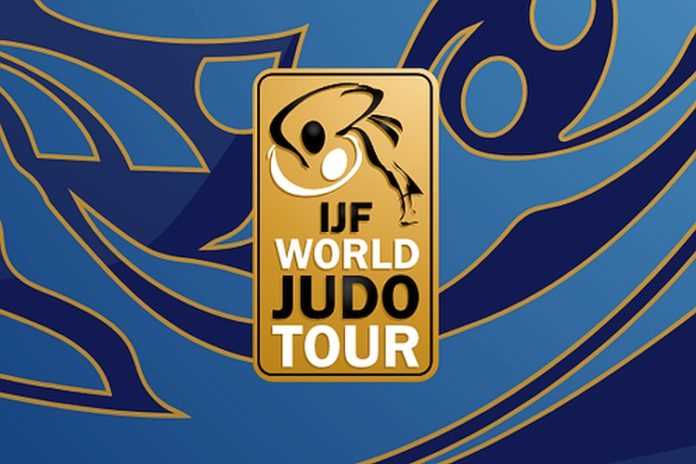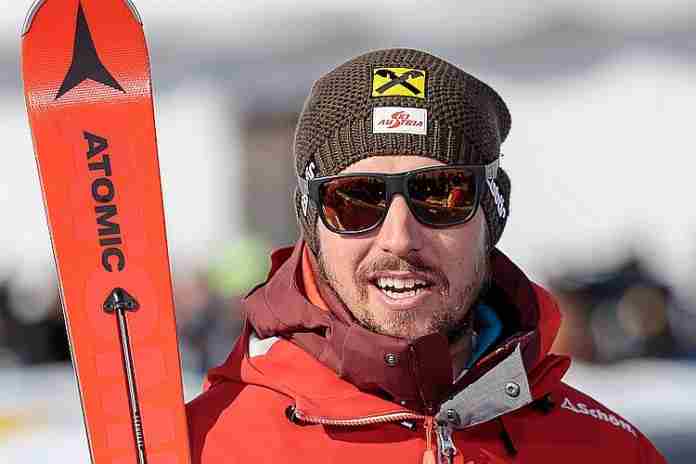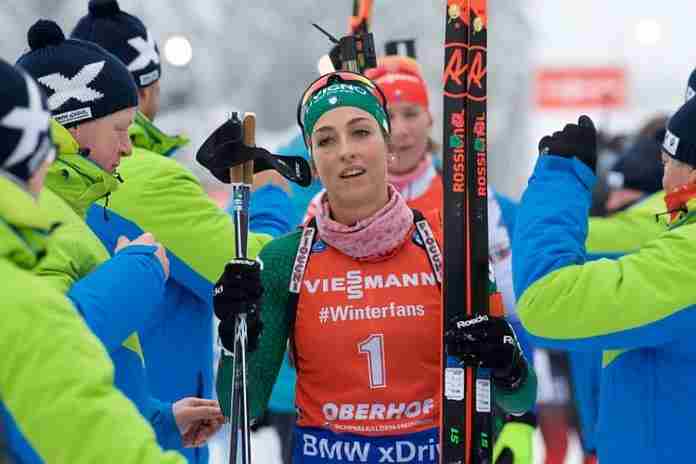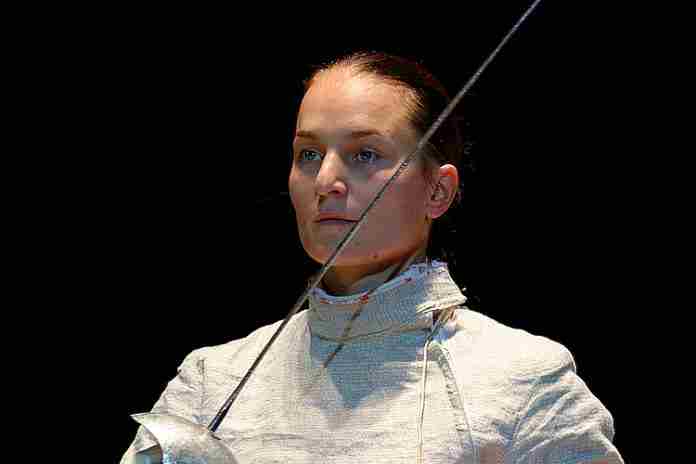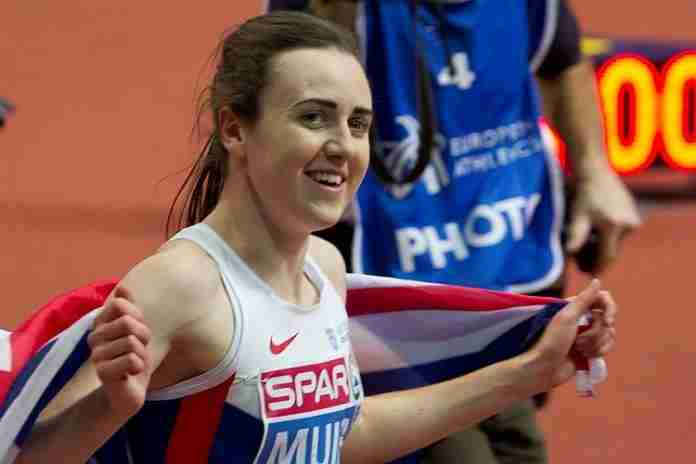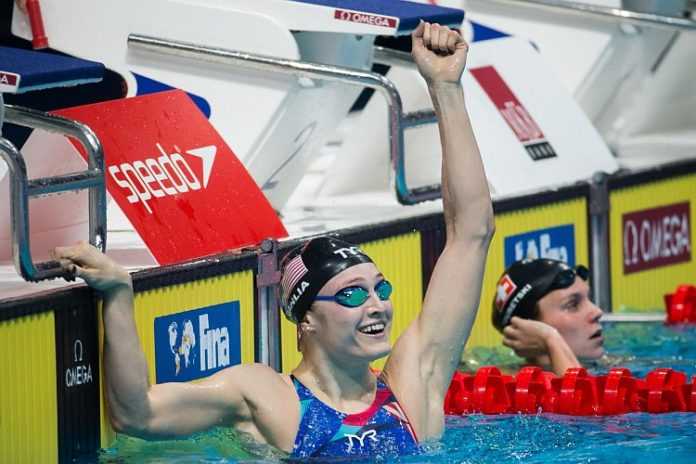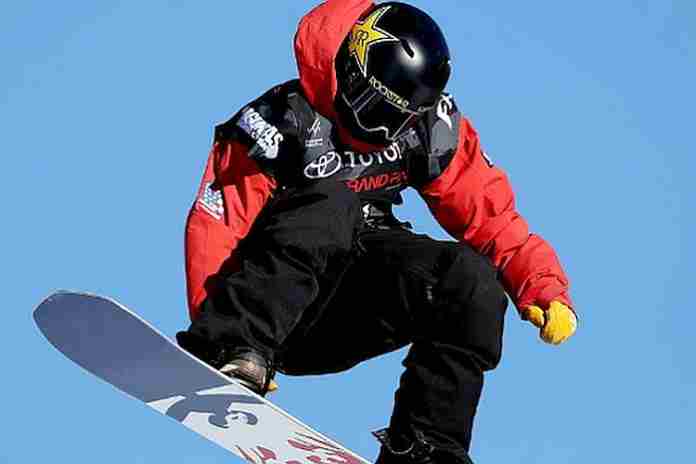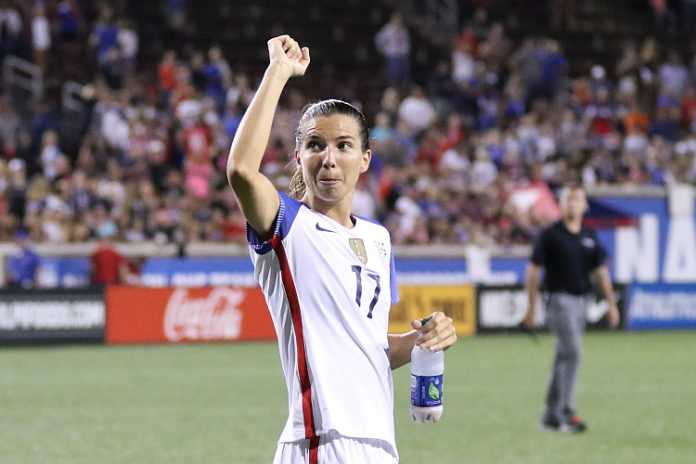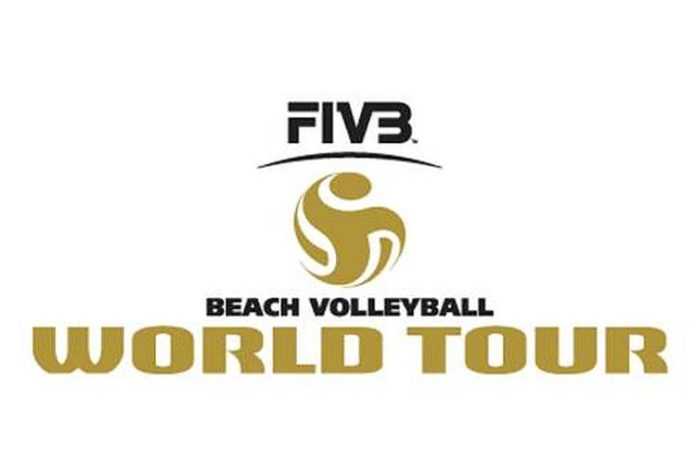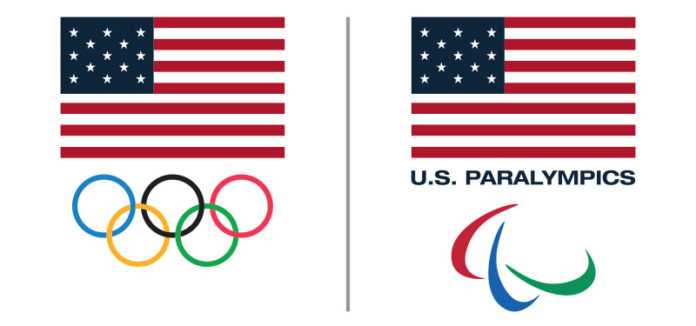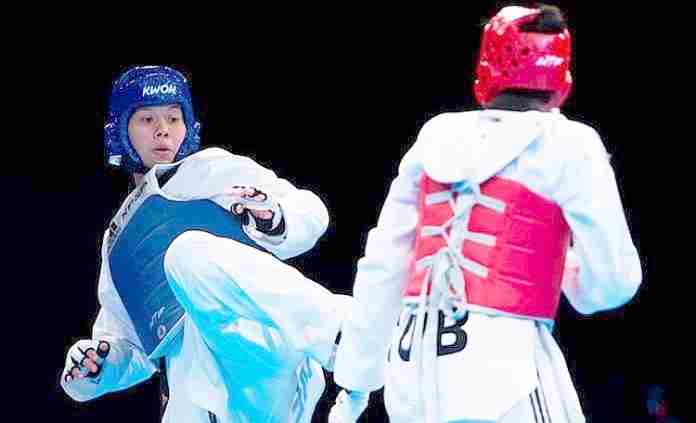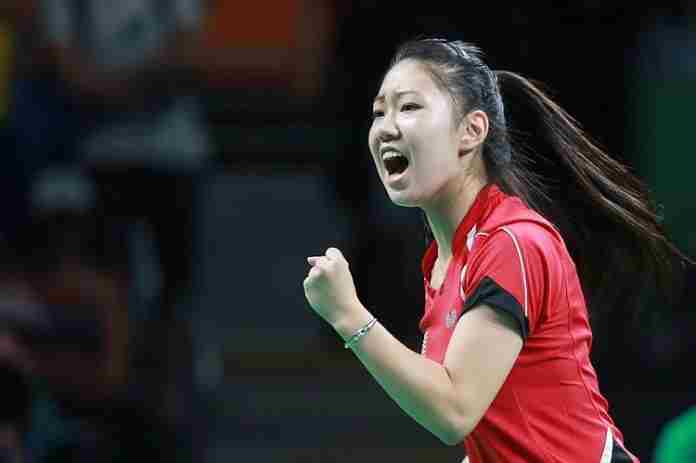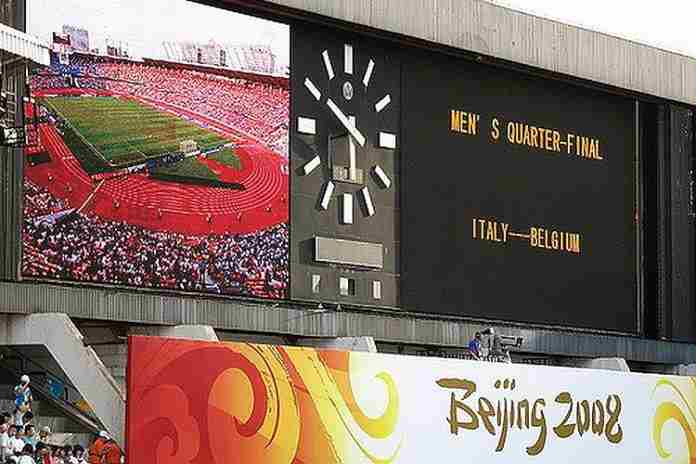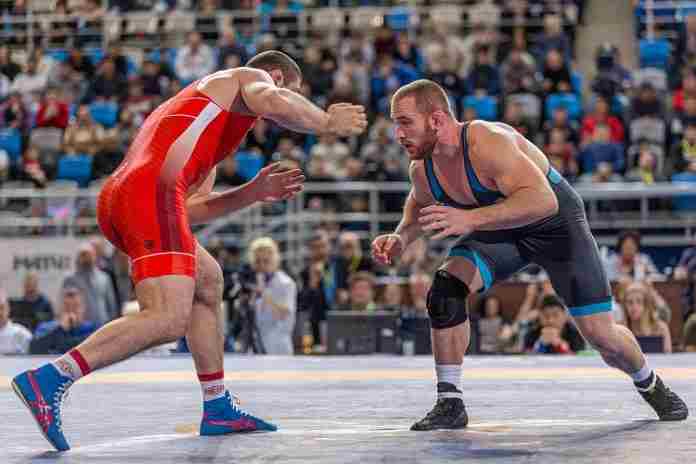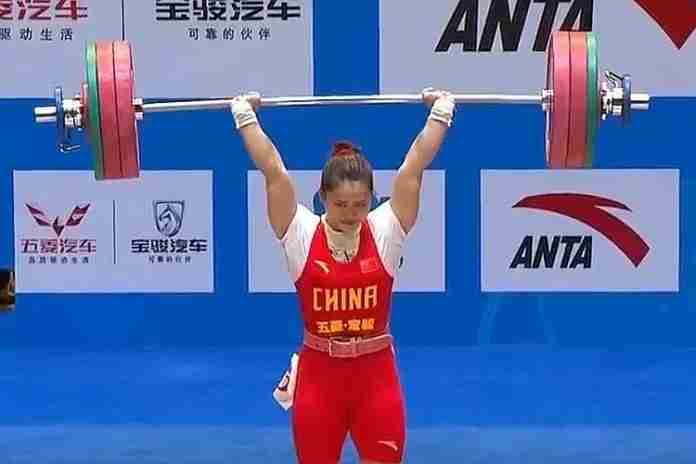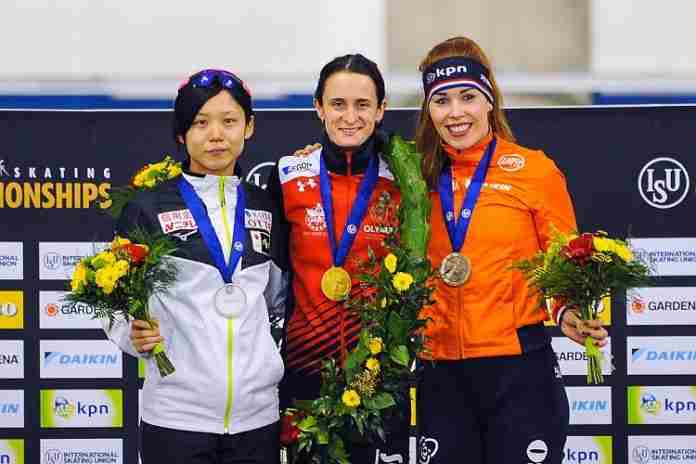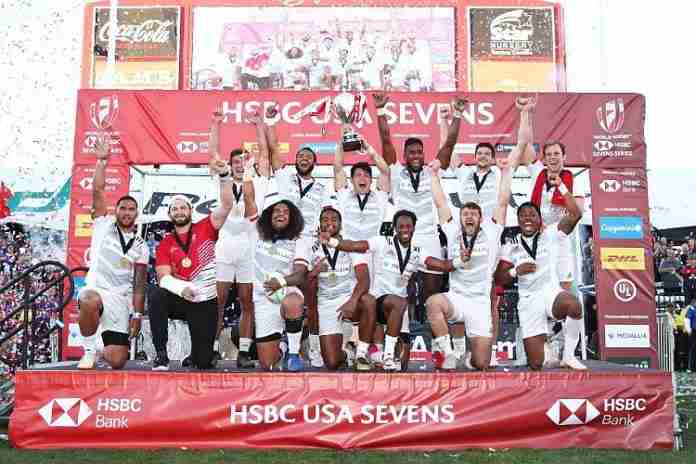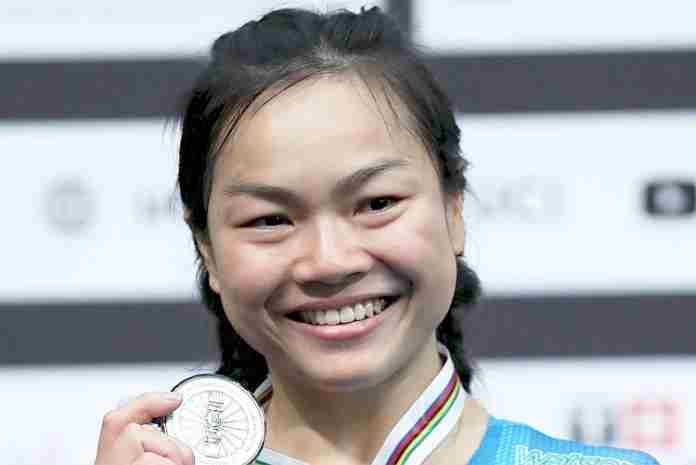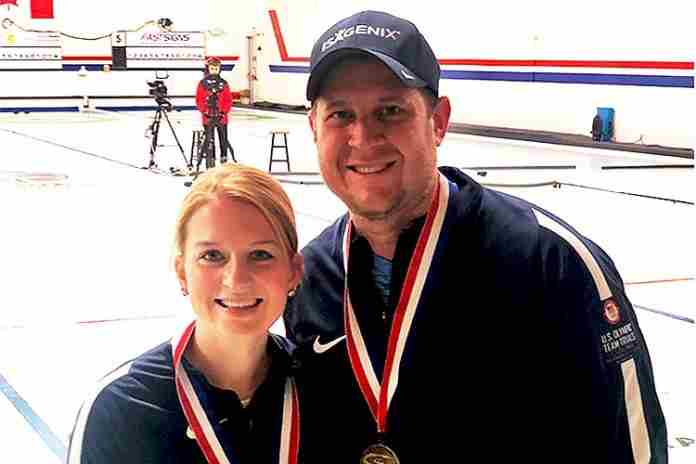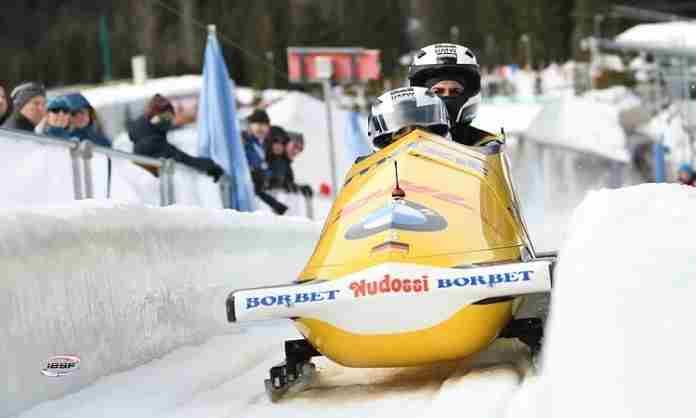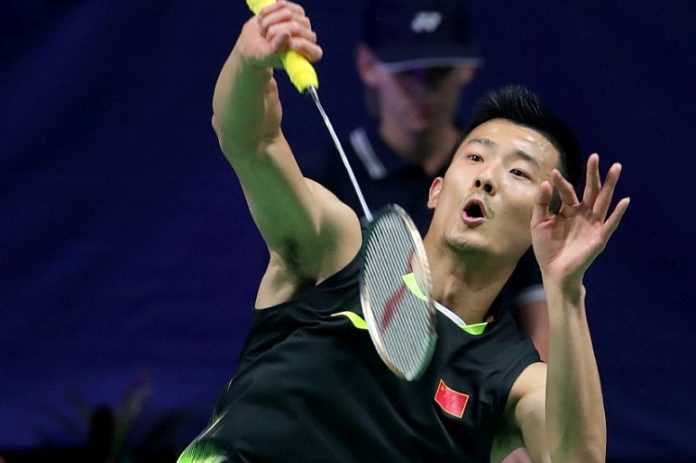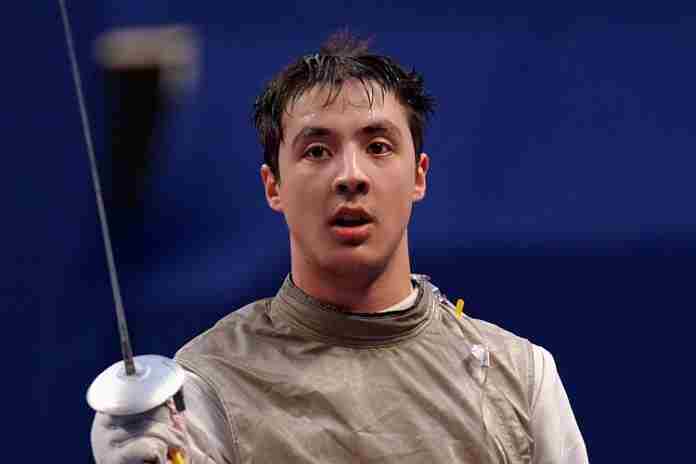The best sprinters during the UCI Track Cycling World Cup season had been Australia’s Matthew Glaetzer and Hong Kong’s Wai Sze Lee. But it was Lee who shined brightest at the UCI Track Cycling World Championships in Pruszkow (POL).
After qualifying with the second-fastest tine, she won the Sprint title with seven wins in a row, sweeping her quarterfinals, semifinals and then the final against Australia’s Stephanie Morton, winning by small but secure margins of 0.054 and 0.135 seconds.
Lee then went after the Keirin title, trying to improve on her silver from 2018. The six-lap race was going to be tight, with Morton also included. But Lee had enough to win at the tape, just 0.118 seconds ahead of Australia’s Kaarle McCulloch, with Daria Shmeleva (RUS) third and Morton fourth.
“It is unbelievable,” said Lee after the Keirin win. “I thought I could do it, but the truth is so wonderful. I knew I had good form, so I just kept in control, and then sprinted on the last lap.”
These were the first Track Cycling golds for Lee since 2013 (!), and gave her an impressive seven career Track Worlds medals in all.
Besides Lee, there were two other women who won two events: Ashlee Ankudinoff (AUS) in the Pursuit and Team Pursuit, and Kirsten Wild (NED) in the Omnium and Madison (with Amy Pieters).
Among the men, Dutch sprinter Harrie Lavreysen won two golds, in the Sprint and Team Sprint, as did Australia’s Sam Welsford won the Scratch Race and in the Team Pursuit (where his team set a world record of 3:48.012). The Dutch men also got wins from Matthijs Buchli in the Keirin and Jan Willem van Schip in the Points Race.
Glaetzer, so strong in the World Cup season, has to settle for fourth in the Sprint and in the Keirin.
Two individuals or pairs defended their 2018 titles: Roger Kluge and Theo Reinhardt (GER) in the Madison, and Wild in the women’s Omnium, her sixth career World Track championship.
The U.S. got one medal in the event, a bronze from Jennifer Valente in the Omnium, her sixth career Track Worlds medal.
The Netherlands led all medal winners with 11 total medals (6-4-1), one better than Australia (6-3-1) and Germany (1-2-3) was third. A total of 375 riders from 47 countries took part in the event. Summaries:
UCI World Track Cycling Championships
Pruszkow (POL) ~ 27 February-3 March 2019
(Full results here)
Men
Sprint: 1. Harrie Lavreysen (NED); 2. Jeffrey Hoogland (NED); Third: 3. Mateusz Rudyk (POL); 4. Matthew Glaetzer (AUS). Final: Lavreysen d. Hoogland, 2-0.
Team Sprint: 1. Netherlands (Hoogland, Lavreysen, van den Berg), 41.923; 2. France (Bauge, Lafargue, Vigier), 42.889; Third: 3. Russia (Dmitriev, Sharapov, Yakushevskiy), 43.115; 4. Germany (Bichler, Botticher, Dornbach), 43.294.
1,000 m Time Trial: 1. Quentin Lafargue (FRA), 1:00.029; 2. Theo Bos (NED), 1:00.388; 3. Michael D’Almeida (FRA), 1:00.826; 4. Francesco Lamon (ITA), 1:00.958; 5. Cameron Scott (AUS), 1:01.048; 6. Tomas Babek (CZE), 1:01.086; 7. Sam Ligtlee (NED), 1:01.205; 8. Marc Jurczyk (POL), 1:01.569.
Individual Pursuit/ Final: 1. Filippo Ganna (ITA), 4:07.992; 2. Domenic Weinstein (GER), 4:12.571; Third: 3. Davide Plebani (ITA), 4:14.572; 4. Alexander Evtushenko (RUS), 4:16.784.
Team Pursuit: 1. Australia (Welsford, O’Brien, Howard, Porter), 3:48.012 (World Record; old, 3:49.804, Australia, 2018); 2. Great Britain (Hayter, Clancy, Emadi, Tanfield), 3:50.810; Third: 3. Denmark (Hansen, Johansen, Pedersen, von Folsach), 3:51.804; 4. Canada (Gee, Foley, Jamieson, Lamoreaux), 3:56.832.
Keirin: 1. Matthijs Buchli (NED); 2. Yudai Nitta (JPN), +0.038; 3. Stefan Botticher (GER), +0.197; 4. Glaetzer (AUS), +0.244; 5. Jack Carlin (GBR), +0.332; 6. Sebastien Vigier (FRA), +0.344.
Scratch Race: 1. Sam Welsford (AUS); 2. Roy Eefting (NED); 3. Thomas Sexton (NZL); 4. Christos Volikakis (GRE); 5. Rui Oliveira (BRA); 6. Matthew Walls (GBR); 7. Mauro Schmid (SUI); 8. Liang Guo (CHN).
Points Race: 1. Jan Willem van Schip (NED), 104; 2. Sebastian Mora Vedri (ESP), 76; 3. Mark Downey (IRL), 67; 4. Wojciech Pszczolarski (POL), 67; 5. Liam Bertazzo (ITA), 61; 6. Vitaliy Hryniv (UKR), 54; 7. Kelland O’Brien (AUS), 51; 8. Mark Stewart (GBR), 50.
Omnium: 1. Campbell Stewart (NZL), 137; 2. Benjamin Thomas(FRA), 119; 3. Ethan Hayter (GBR), 118; 4. Simone Consonni (ITA), 114; 5. Van Schip (NED), 104; 6. Albert Torres Barcelo (ESP), 101; 7. Eiya Hashimoto (JPN), 91; 8. Niklas Larsen (DEN), 87. Also: 13. Daniel Holloway (USA), 64.
Madison: 1. Roger Kluge/Theo Reinhardt (GER), 105; 2. Lasse Norman Hansen/Casper von Folsach (DEN), 84; 3. Kenny de Ketele/Robbe Ghys (BEL), 82; 4. Leigh Howard/Cameron Meyer (AUS), 71; 5. Albert Torres Barcelo/Sebastian Mora Vedri (ESP), 40; 6. Benjamin Thomas/Bryan Coquard (FRA), 32; 7. Ethan Hayter/Oliver Wood (GBR), 31; 8. Wojciech Pszczolarski/Daniel Staniszewski (POL), 31. Also: 15. Daniel Holloway/Adrian Hegyvary (USA), 2.
Women
Sprint/ Final: 1. Wai Sze Lee (HKG); 2. Stephanie Morton (AUS); Third: Mathilde Gros (FRA); 4. Lea Sophia Friedrich (GER). Final: Lee d. Morton, 2-0.
Team Sprint/ Final: 1. Kaarle McCulloch/Stephanie Morton (AUS), 32.255; 2. Daria Shmeleva/Anastasiia Voinova (RUS), 32.591; Third: 3. Emma Hinze/Miriam Welte (GER), 32.789; 4. Luz Gaxiola/Jessica Salazar (MEX), 33.455.
500 m Time Trial: 1. Daria Shmeleva (RUS), 33.012; 2. Olena Starikova (UKR), 33.307; 3. Kaarle McCulloch (AUS), 33.419; 4. Miriam Welte (GER), 33.431; 5. Jessica Salazar Valles (MEX), 33.826; 6. Kyra Lamberink (NED), 33.972; 7. Friedrich (GER), 33.997; 8. Miriam Vece (ITA), 34.247.
Individual Pursuit/ Final: 1. Ashlee Ankudinoff (AUS), 3:25.971; 2. Lisa Brennauer (GER), 3:29.243; Third: 3. Lisa Klein (GER), 3:29.473; 4. Kirste James (NZL), 3:34.188.
Team Pursuit/ Final: 1. Australia (Edmondson, Ankudinoff, Baker, Cure), 4:14.333; 2. Great Britain (Kenny, Archibald, Barker, Dickinson), 4:14.537; Third: 3. New Zealand (Drummond, Botha, Edmondston, James), 4:16.479; 4. Canada (Beveridge, Bonhomme, Foreman-Mackey, Simmerling), 4:20.321.
Keirin: 1. Lee (HKG); 2. McCulloch (AUS), +0.118; 3. Shmeleva (RUS), +0.188; 4. Morton (AUS), +0.286; 5. Shanne Braspennincx (NED), +0.369; 6. Gros (FRA), +0.432.
Scratch Race: 1. Elinor Barker (GBR); 2. Kirsten Wild (NED); 3. Jolien D’Hoore (BEL); 4. Laurie Berthon (FRA); 5. Franziska Brausse (GER); 6. Olivija Baleisyte (LTU); 7. Amber Joseph (BAR); 8. Alzbeta Bacikova (SVK).
Points Race: 1. Alexandra Manly (AUS), 29; 2. Lydia Boylan (IRL), 28; 3. Wild (NED), 26; 4. Gulnaz Badykova (RUS), 26; 5. Qianyu Yang (HKG), 20; 6. Maria Guilia Confalonieri (ITA), 14; 7. Neah Evans (GBR), 10; 8. Jennifer Valente (USA), 9.
Omnium: 1. Wild (NED), 117; 2. Letizia Paternoster ((ITA), 115; 3. Valente (USA), 106; 4. Yumi Kajihara (JPN), 106; 5. Annette Edmondson (AUS), 101; 6. Amalie Dideriksen (DEN), 100; 7. Katie Archibald (GBR), 84; 8. Allison Beveridge (CAN), 73.
Madison: 1. Kirsten Wild/Amy Pieters (NED), 33 points; 2. Georgia Baker/Amy Cure (AUS), 31; 3. Amalie Dideriksen/Julie Leth (DEN), 24; 4. Neah Evans/Elinor Barker (GBR), 15; 5. Letizia Paternoster/Maria Giulia Confalonieri (ITA), 14; 6. Gulnaz Badykova/Mariia Novolodskaya (RUS), 9; 7. Lotte Kopecky/Jolien D’Hoore (BEL), 8; 8. Daria Pikulik/Wiktoria Pikulik (POL), 5.








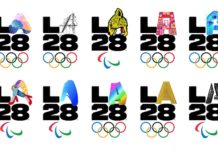

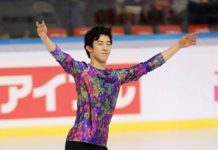

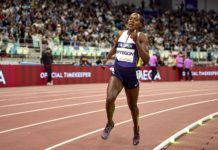

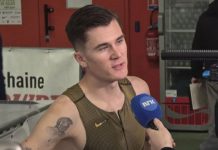
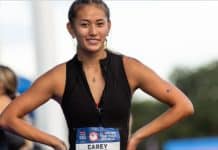
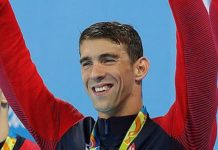


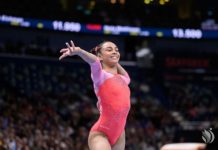
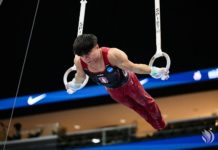
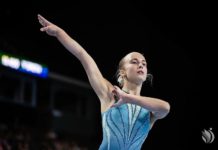

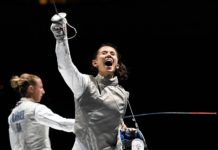
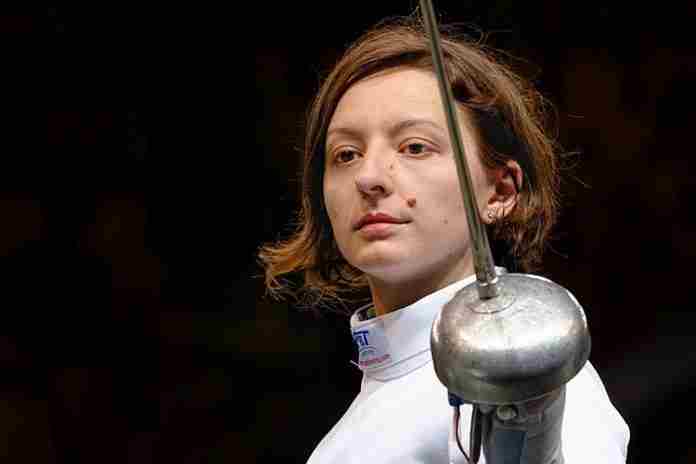
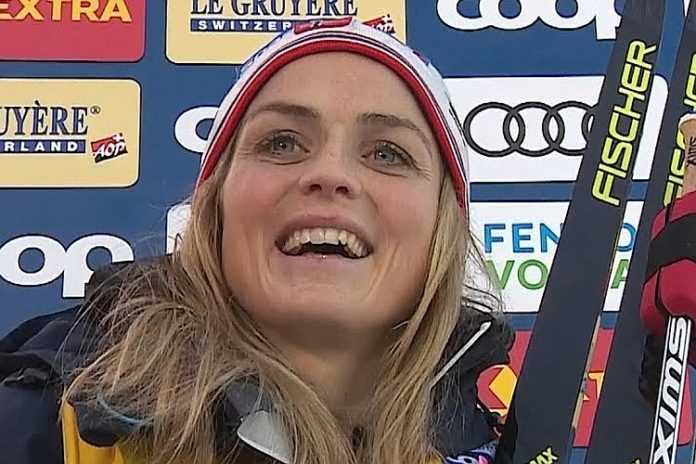
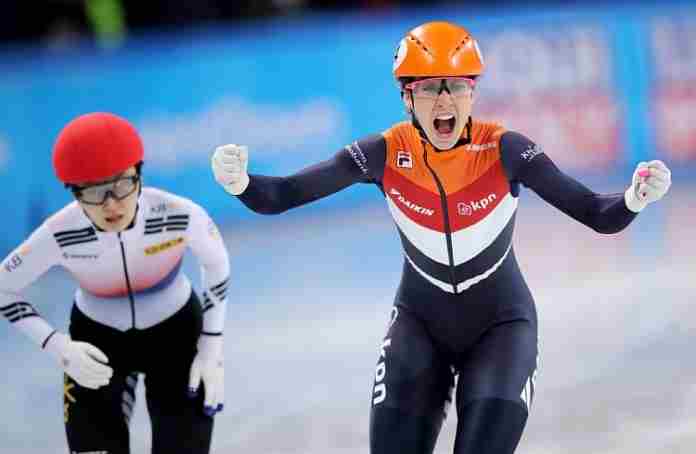
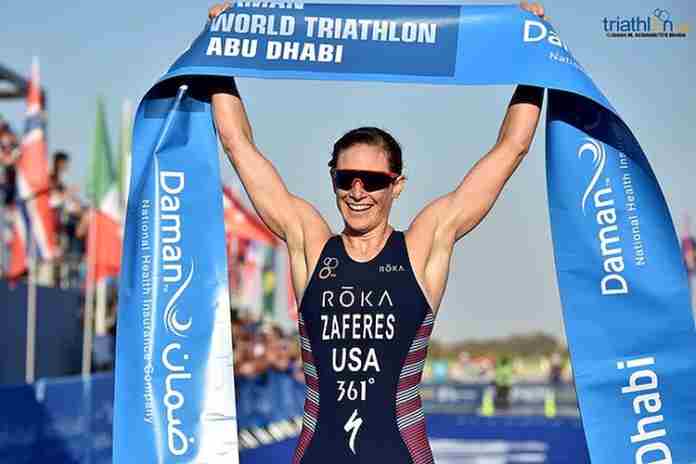
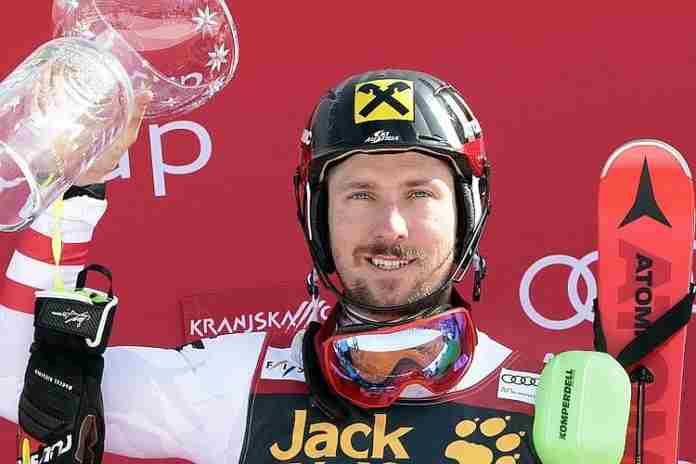
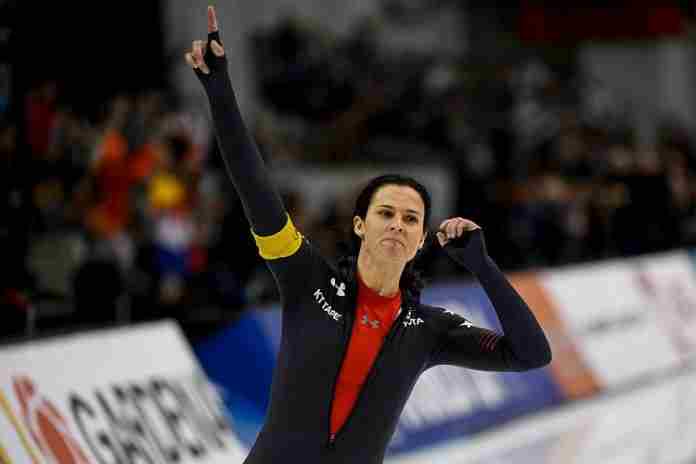

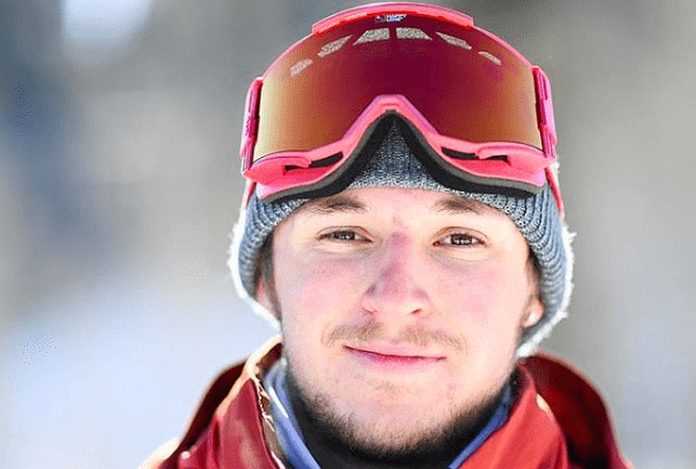
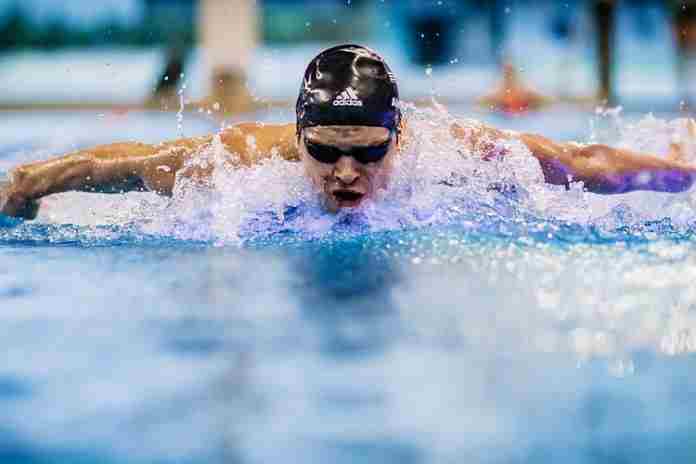
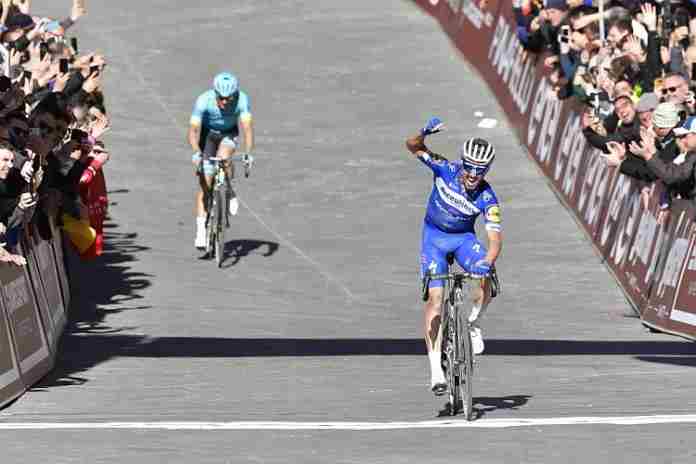
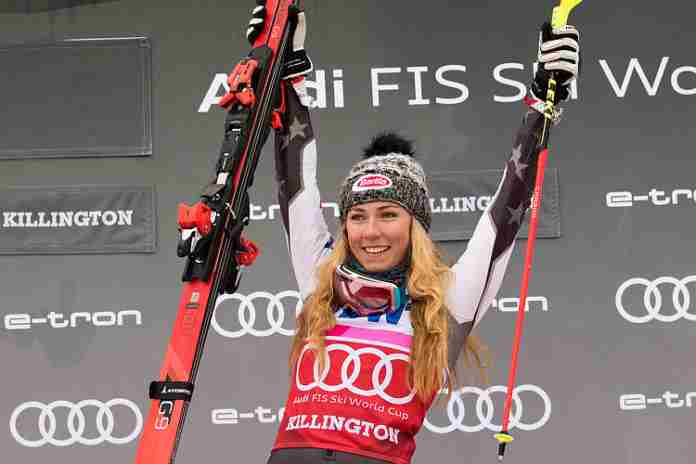
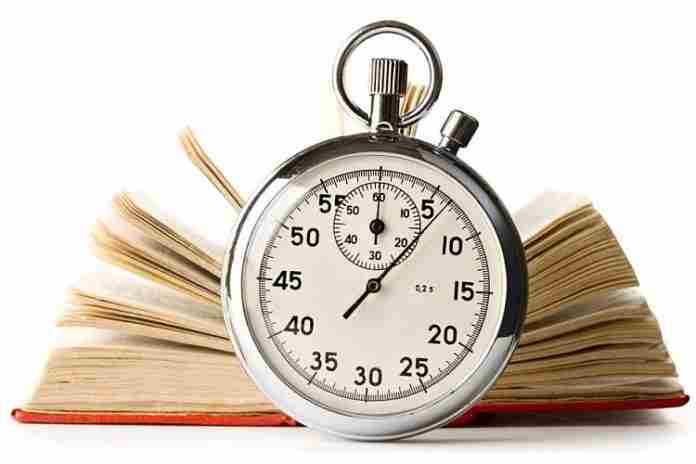
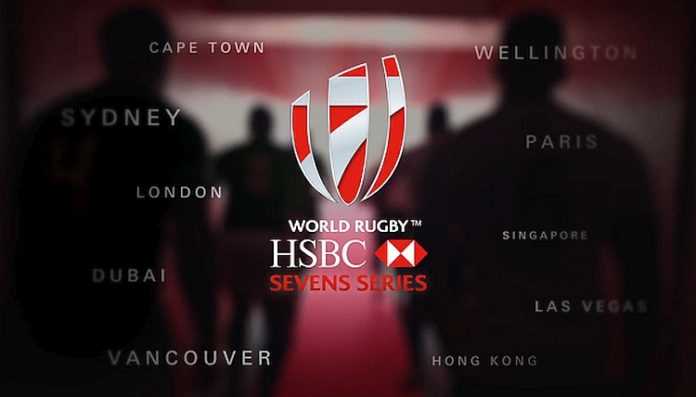
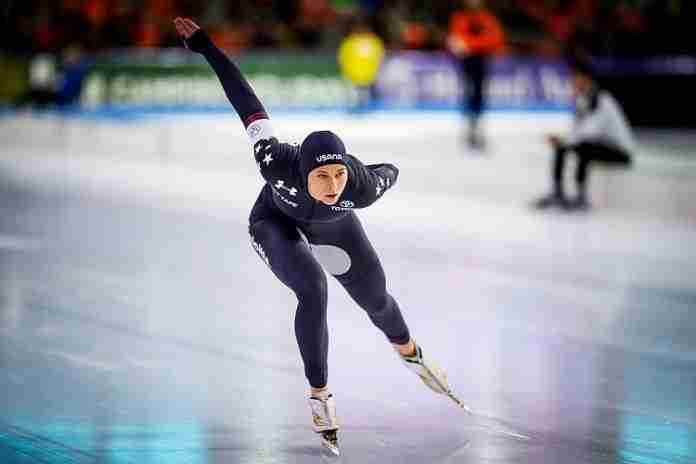
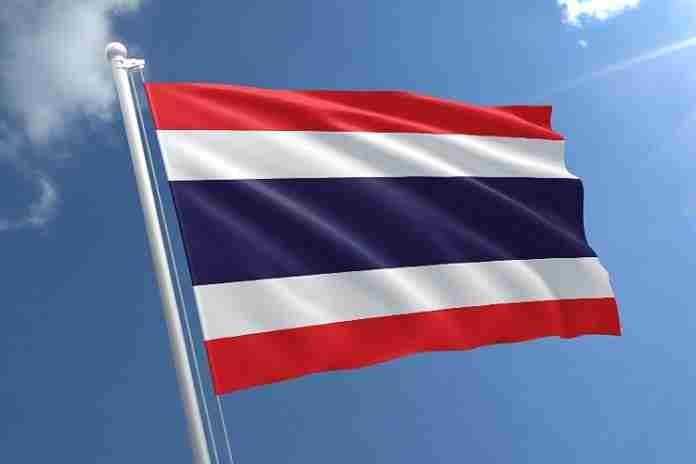
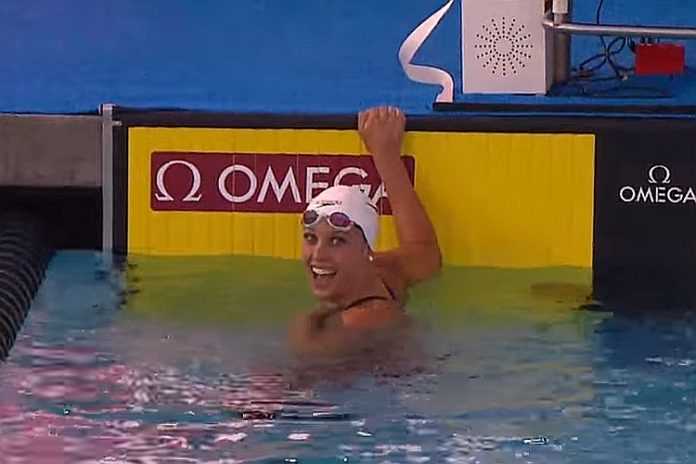
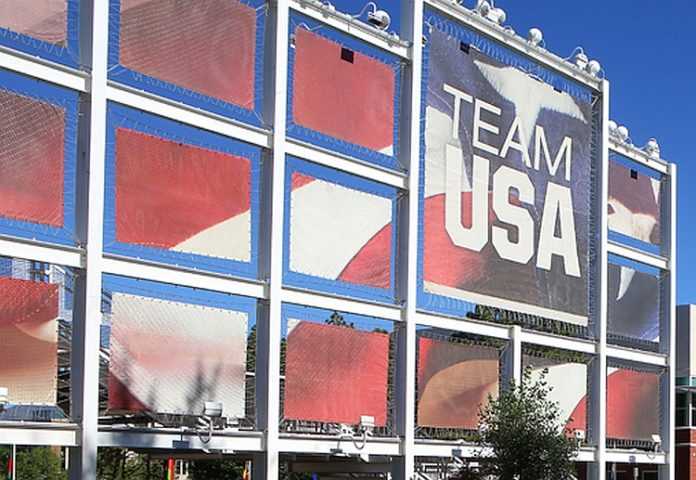
 The United States Olympic Committee has been battered by accusations and scandal, hammered in Congressional hearings, changed out its leadership … and got the message.
The United States Olympic Committee has been battered by accusations and scandal, hammered in Congressional hearings, changed out its leadership … and got the message.